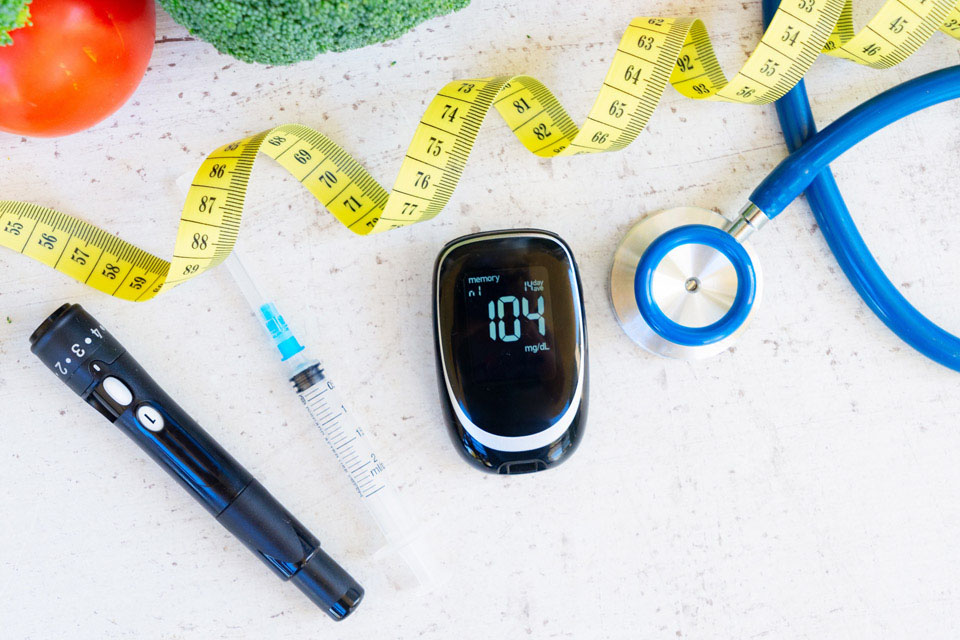The International Diabetes Federation (IDF) and the World Health Organization (WHO) first celebrated World Diabetes Day in 1991, and today nearly 150 countries have joined the initiative. This is an even more important opportunity to raise awareness of the importance of regular screening in our country.
The blue circle is the symbol of the UN World Day, representing the global nature of the disease and the solidarity of the community. 14 November was chosen to celebrate the day because it was the day on which Sir Frederick Banting, the Canadian physician who co-discovered insulin, was born in 1891.
More than a third of patients are undiagnosed
According to the IDF, more than half a billion adults worldwide live with diabetes and this number could rise to 700 million by 2045. Among them, more than 1.2 million children and adolescents are living with type 1 diabetes, whose risk of developing diabetes increases with age. It is more common in women up to the age of 44 and in men at later ages.
According to surveys carried out by the Hungarian National Statistical Office (KSH), in 2000 there were 491,000 diabetics in the adult age group (20-79 years old) in Hungary, and 20 years later 661,000. It is estimated that 36% of adults with diabetes go undiagnosed and untreated, leading to further complications.
Insulin resistance, the precursor of diabetes
Classic clinical signs of diabetes include increased urination, a constant feeling of thirst, increased fluid intake, but may also include skin itching, fatigue, loss of appetite, nausea, numbness of the fingers and even slow wound healing. Insulin resistance, the precursor of diabetes, can be associated with insulin sensitivity in different organs and tissues. The main consequence of insulin resistance is that it can develop to type 2 diabetes over time. Stress, sedentary lifestyle, irregular nutrition and obesity can also contribute to insulin resistance.
Who needs regular screening?
Regular screening for diabetes is highly recommended for people with obesity, high blood pressure and cardiovascular disease, but those with a family history of the disease should also be screened more often and earlier. HR-Pharma, a laboratory service provider based in Szeged, offers several specific test packages for assessing risk factors for diabetes, which provide information on current fasting glucose and insulin levels. Hemoglobin A1c test gives information about average blood glucose levels over the past 3 months, which can help to make a diagnosis.



